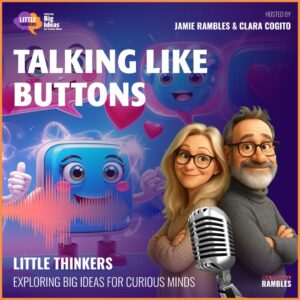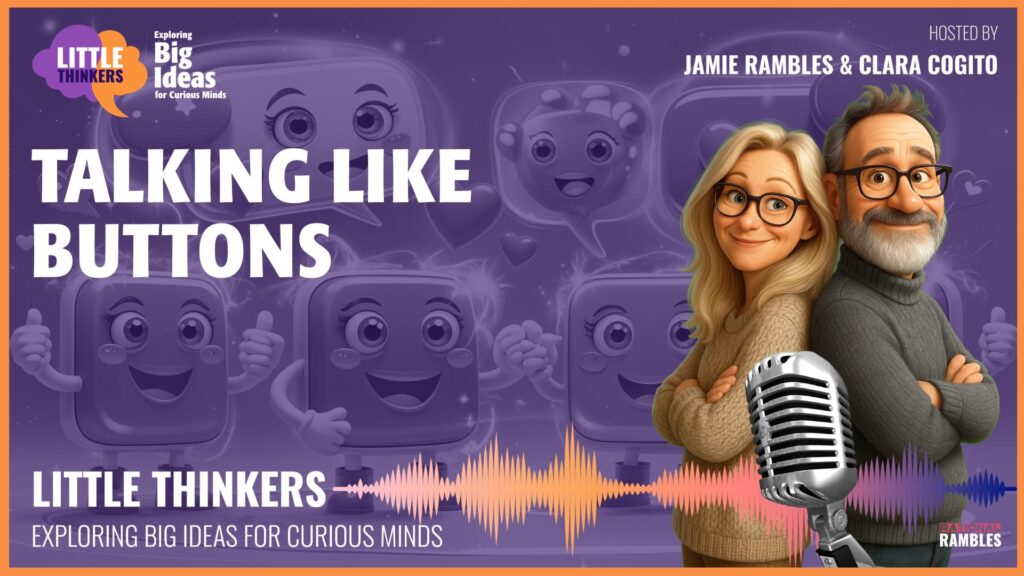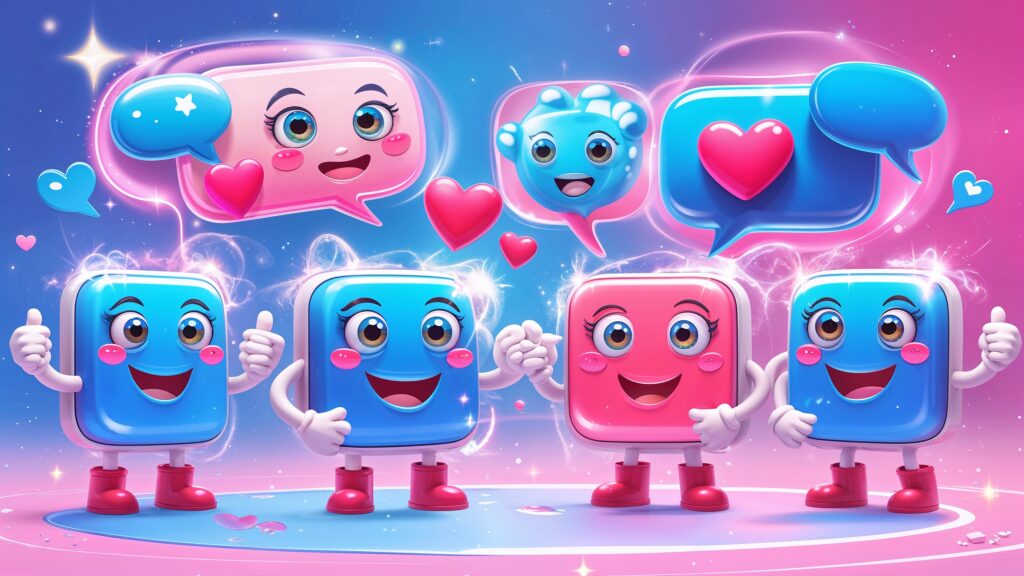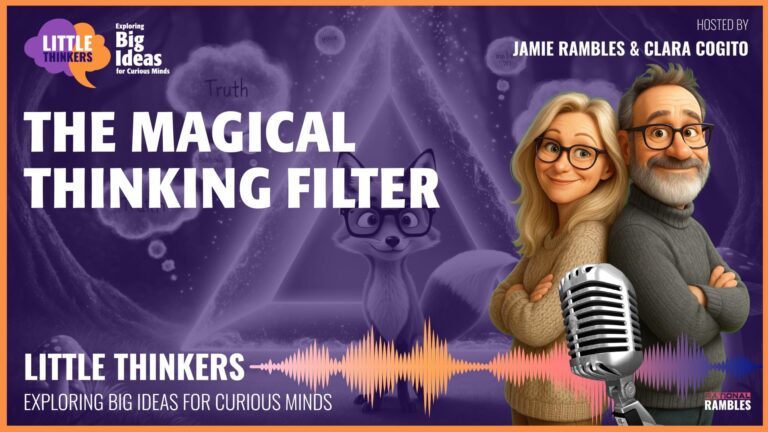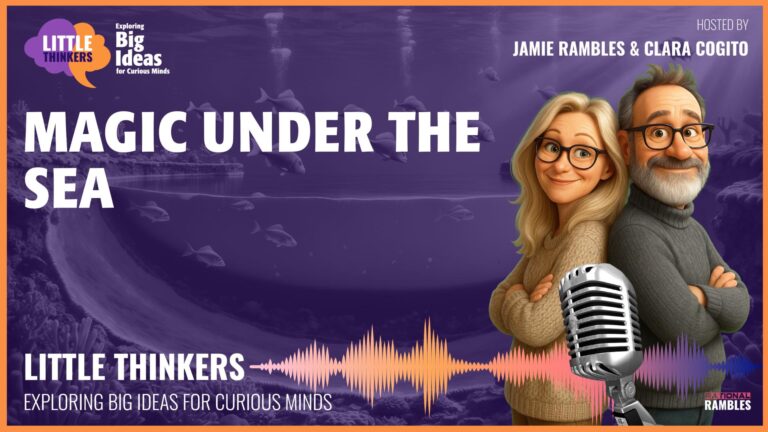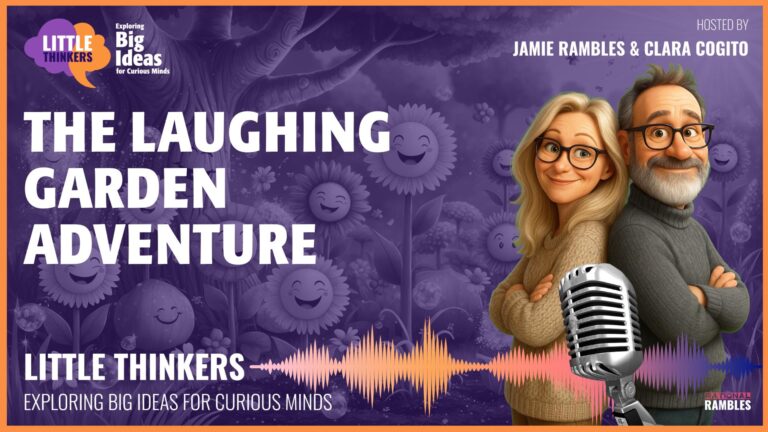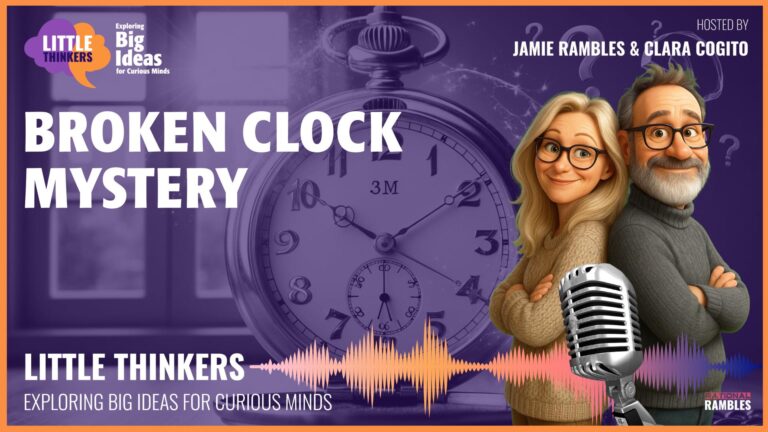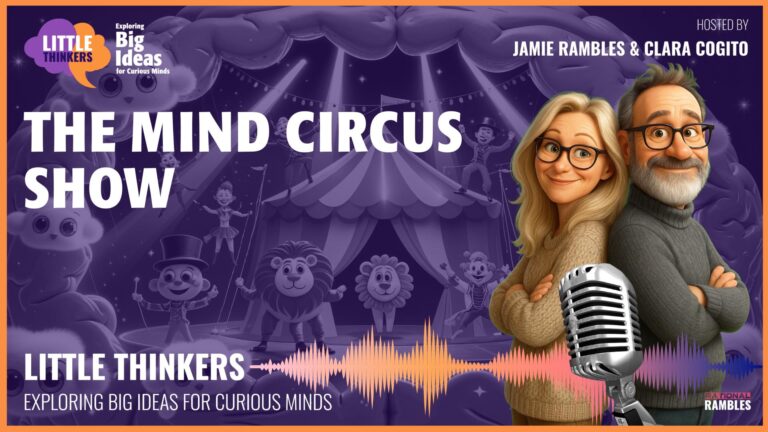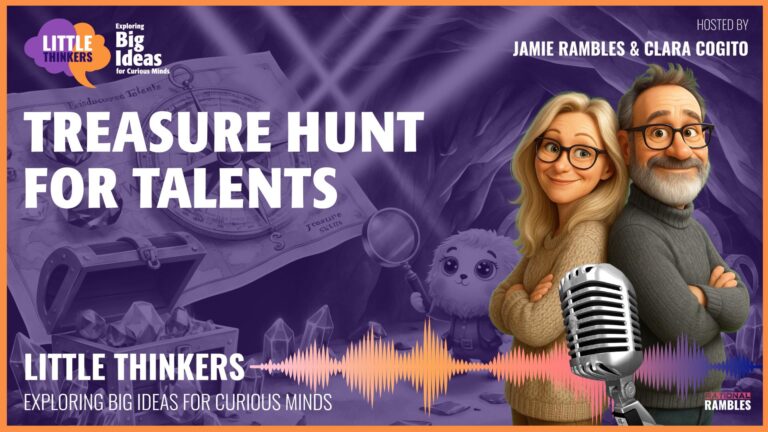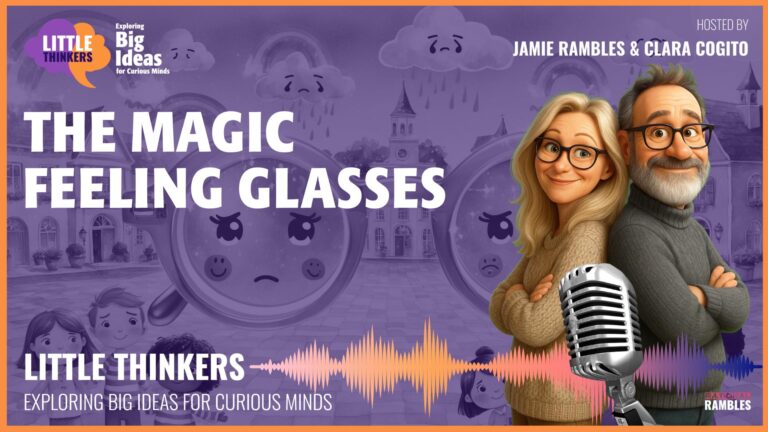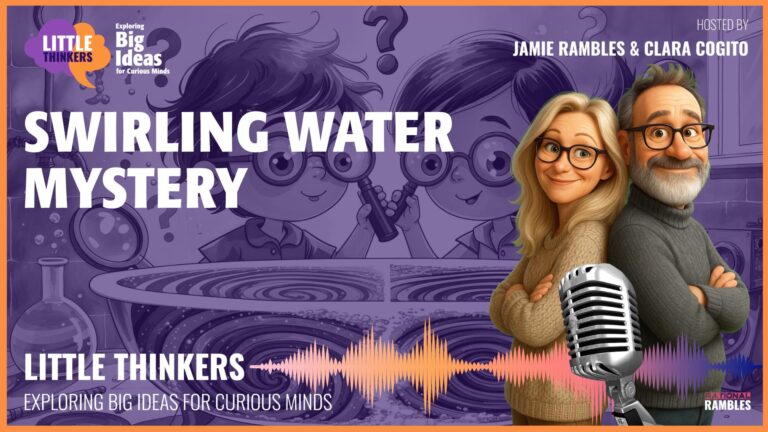If Like Buttons Could Talk: The Secret Life of Social Media Likes!
What’s Really Happening When Someone Clicks “Like”?
Have you ever pressed the “like” button on a funny video or a friend’s photo? Those tiny thumbs-up and heart buttons are EVERYWHERE on the internet! But here’s a super interesting question to make your brain go “WOW” – what if those like buttons could suddenly TALK and tell us the REAL reasons why people clicked them?
Would they always say nice things? Or might they reveal some surprising secrets? Let’s go on an amazing thought adventure to find out!
The Mysterious Language of Likes
When someone clicks “like” on something you shared online, it feels good, doesn’t it? It’s like getting a little high-five through your computer or phone. SLAP! But did you know that not all likes mean the same thing?
A like button might look simple on the outside, but the reasons why someone clicked it could be very different. It’s kind of like a secret code we’re all using, but nobody explained the rules!
Brain Treasure Alert!
Did you know that when we get likes, our brains release a happy chemical called dopamine (that’s doh-puh-meen)? It’s the same feel-good chemical that makes ice cream and candy feel so yummy to eat! That’s why getting likes can make us feel so excited!
What Might Talking Like Buttons Say?
Let’s imagine those like buttons could suddenly speak and tell us exactly why someone clicked them. Here are some things they might say:
- “This person LOVED your drawing of a dinosaur! They looked at it for a whole minute!”
- “Oops! This person accidentally clicked me when their elbow bumped their phone! BONK!”
- “This person likes EVERYTHING their best friend posts, no matter what it is.”
- “This person was just quickly clicking likes on everything without really looking!”
- “This person clicked because they want you to like their post later.”
Whoa! That would change everything, wouldn’t it?
The Great Like Button Experiment
Let’s do a fun thought experiment! Imagine you painted a beautiful rainbow unicorn and shared it online. You got 5 likes! Yay! But now those like buttons start talking…
The first like button says: “Your grandma clicked me because she loves EVERYTHING you do, even though she doesn’t really understand what unicorns are!”
The second like button says: “Your best friend clicked me because they think your painting is TRULY AMAZING and they studied every colorful detail!”
The third like button says: “This person was just quickly scrolling and clicking likes on everything without really looking!”
The fourth like button says: “This person liked your painting because they want you to like their photo of their new toy later!”
The fifth like button says: “This person clicked me because they think you used really interesting colors, even though they prefer dinosaurs over unicorns!”
How would that make you feel?
You might feel a little disappointed that not all five people were super excited about your unicorn. But the like from your best friend who really loved it would feel extra special! And it’s nice that someone noticed your amazing color choices!
Quality Over Quantity: The Gem Collectors
Here’s something super important to remember: having LOTS of likes isn’t as important as having likes from people who really mean it!
It’s like collecting rocks. Some people want a HUGE pile of ordinary rocks, while others prefer just a few really special, sparkly gems. Which would you rather have?
In the world of likes, meaningful likes are like those special gems – they might be fewer, but they’re worth so much more!
Would We Click Differently If Likes Could Talk?
Now here’s another twisty-turny question – if like buttons could announce to everyone WHY you clicked them, would you use them differently?
Imagine if a like button said out loud: “This person only liked this post because they thought they should, not because they actually enjoyed it.” Yikes! That would be pretty embarrassing!
Or what if it announced: “This person didn’t even read the whole story before liking it!” We might start being more careful about what we choose to like, wouldn’t we?
The Truth-Telling Buttons
Talking like buttons would be like tiny truth-tellers, showing what’s really happening behind all those clicks! Sometimes truth can make us feel uncomfortable, but it can also help us be more authentic (that means being true to yourself instead of pretending).
Better Than Likes: Super-Powered Comments!
In real life, we have much better ways to show we like something than just clicking a button. We can use WORDS to say exactly what we enjoy!
Instead of just clicking “like” on your friend’s drawing of their dog, you could say:
- “I love how you made the dog’s tail all waggly!”
- “The spots on your dog look just like my neighbor’s puppy!”
- “Your drawing makes me smile because the dog looks so happy!”
Those specific comments are like super-powered likes! They’re much more meaningful than a simple click, and they make both people feel good – the person getting the comment feels truly seen, and the person giving it feels more connected.
Be Your Own Talking Like Button!
Here’s a cool challenge you can try: Next time you’re about to click “like” on something, pause for a tiny moment and ask yourself, “Why am I really clicking this?” It’s like being your own talking like button!
And when you really enjoy something someone shares – whether it’s online or in real life – try to use words to tell them EXACTLY what you like about it, instead of just saying “I like it!” or clicking a button.
Being specific and honest with your likes is like giving someone a special gift that only YOU can give!
What Would Happen to Social Media?
If like buttons could talk, do you think people would use social media differently? Would they post different things?
Maybe people would share more real and honest things if they knew they’d get fewer but more meaningful likes.
Or maybe they’d try even harder to get lots of likes! Like “I’m going to make this SO amazing that the like buttons will say the best things about me!”
The Follow-the-Crowd Button
Sometimes we like things just because we see that lots of other people liked them too. This is called social proof (it means doing things because we see other people doing them).
It’s like if you see a long line of kids waiting for an ice cream shop, you might think “That must be the BEST ice cream ever!” Your brain is designed to follow what others are doing. Long ago when humans lived in caves, following the group helped keep us safe!
So if a talking like button said, “This person only liked this because 100 other people did!” – it might make us think more about WHY we’re clicking instead of just following the crowd.
What Do YOU Think?
Now it’s your turn to be a Little Thinker! Here are some questions to wiggle your brain cells:
- If like buttons could talk, would you want to hear what they say about YOUR posts?
- Would you change how YOU use the like button if it announced your true reasons to everyone?
- Can you think of other things that would be interesting if they could talk? Traffic lights? Shoes? Vegetables in the refrigerator?
Imagine vegetables in your fridge saying, “Please eat me before I get all mushy!” Or shoes saying, “Phew! What a stinky day we’ve had!” That would be HILARIOUS!
Remember This Big Idea!
The next time you see likes on something you shared online, remember that each one might mean something different. And the next time you click “like” on something, think about why you’re really doing it!
A thoughtful like (or even better – a kind, specific comment) is worth a thousand quick clicks. It’s not about how MANY likes you get, but about how MEANINGFUL they are.
Now go out there and be a super thoughtful liker and commenter! Your words have power to make someone’s day brighter than any button could!


